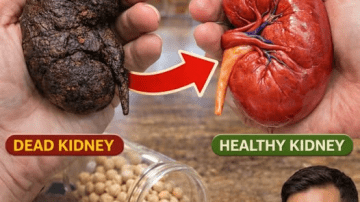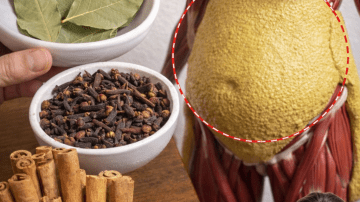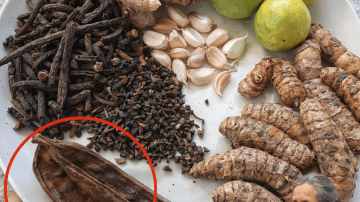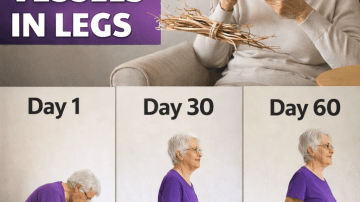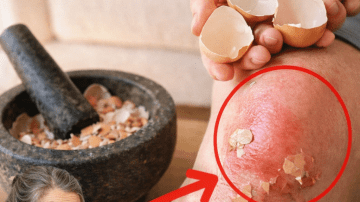Your uterus is far more than a reproductive organ; it is a vital mirror reflecting your total health. Yet, in the rush of daily life, we often dismiss subtle signals of imbalance or distress, shrugging them off as “just normal.” This widespread oversight can be costly. Ignoring your body’s early whispers may allow issues like fibroids, endometriosis, hormonal chaos, or fertility challenges to take root and worsen.
It’s time to tune in. Your body is an extraordinary communicator, and these are the essential signals you must learn to recognize. Understanding them is the first step toward empowered action, peace of mind, and optimal well-being.
Let’s dive deep into 12 critical signs that signal your uterus requires immediate attention and investigation.
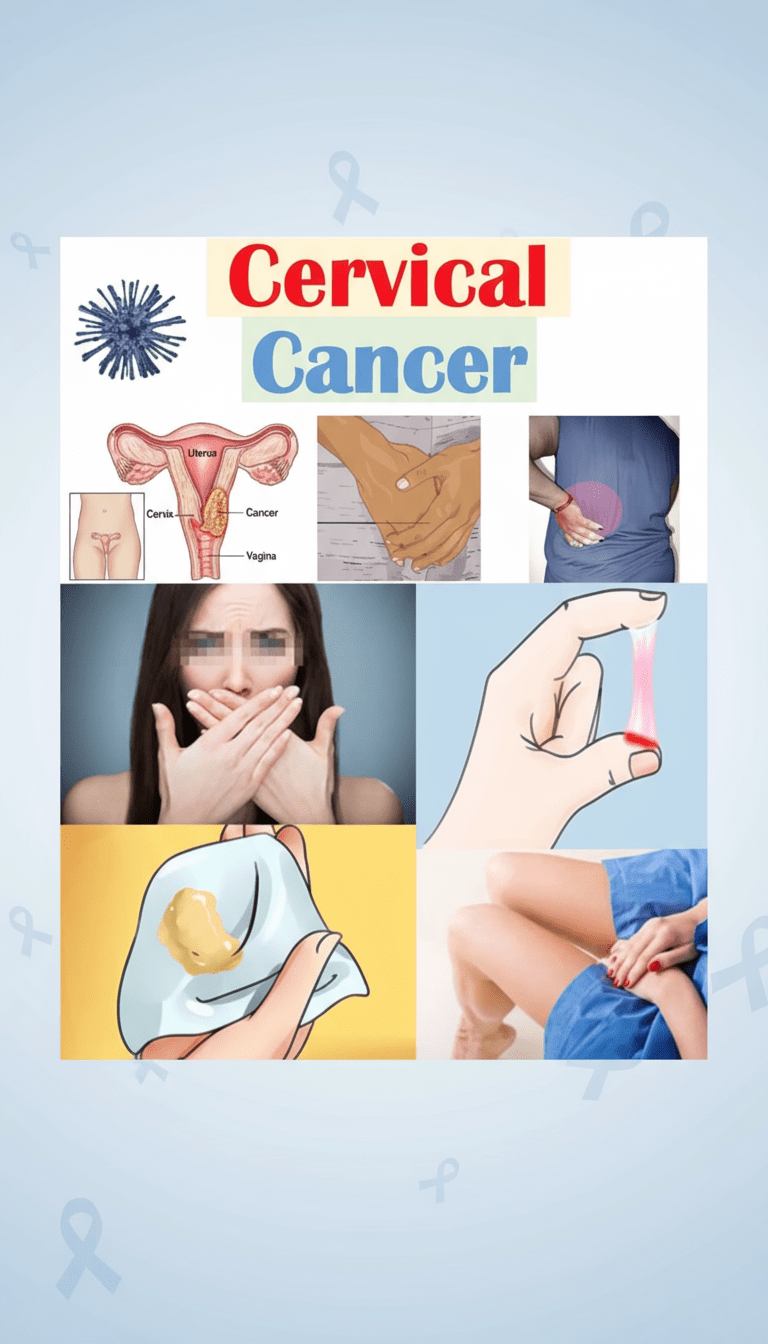
1. 🔄 Irregular Periods That Shift Without Warning
A healthy menstrual cycle follows a predictable rhythm. If your cycle suddenly veers into unpredictability—short one month, excessively long the next, or missing entirely—it’s crucial not to dismiss it as a mere fluke.
What it means: Consistent, unpredictable shifts in your cycle can be a primary indicator of underlying hormonal imbalances or reproductive disorders.
Potential Culprits:
- Polycystic Ovary Syndrome (PCOS)
- Thyroid dysfunction
- Uterine fibroids or polyps
While occasional variation is normal, a sustained pattern of irregularity demands a discussion with your healthcare provider to rule out deeper issues.
2. 🌊 Unusually Heavy Menstrual Bleeding (Menorrhagia)
Do you find yourself soaking through pads or tampons every hour? Are you consistently needing to “double up” on protection? This level of bleeding, known as menorrhagia, is not a normal part of life, and it carries real health risks.
The Danger: Beyond the massive inconvenience, heavy flow can rapidly lead to fatigue and significant iron-deficiency anemia if left unmanaged, drastically impacting your energy and cognitive function.
Potential Culprits:
- Adenomyosis (uterine thickening)
- Large or numerous fibroids
- Severe hormonal imbalance (Estrogen dominance)
If your flow is consistently lasting longer than seven days or severely disrupting your daily activities, it’s a clear call for investigation into the root cause.
3. 💥 Intense Menstrual Cramps That Disrupt Daily Life
Mild cramps are a normal, if unwelcome, part of the menstrual experience. However, pain so debilitating that it forces you to cancel plans, stay home from work, or leaves you curled up in bed, should never be ignored. This level of discomfort signals a deeper pathology.
What it means: Debilitating period pain, or severe dysmenorrhea, is often the most common symptom pointing toward a reproductive health issue.
Potential Culprits:
- Endometriosis (tissue growing outside the uterus)
- Pelvic adhesions
- Uterine fibroids
Early diagnosis of these conditions is paramount to effective management and preventing them from impacting your long-term quality of life or fertility potential.
4. ⚡ Persistent Pelvic Pain—Even Outside Your Cycle
Pain isn’t confined to your period. Experiencing sharp, dull, or constant pain in your lower abdomen—especially when you are not menstruating—is a critical signal. Chronic pelvic pain that is recurring or increasing over time is a signal you must heed.
What it means: This discomfort is not psychosomatic; it suggests an active physical or structural issue requiring attention.
Potential Culprits:
- Ovarian cysts
- Pelvic Inflammatory Disease (PID)
- Structural abnormalities (e.g., a tipped or prolapsed uterus)
Do not adopt a “wait and see” approach. Early evaluation offers the best prognosis.
5. 💔 Pain or Discomfort During Intercourse (Dyspareunia)
Intimacy should not be painful. If you experience discomfort, sharp, stabbing pain, or pressure during or immediately after sexual intercourse, it is a physical sign that something is amiss with your uterus or surrounding organs.
The Impact: This symptom affects not only your physical comfort but also your emotional and relationship well-being.
Potential Culprits:
- Endometriosis lesions deep in the pelvis
- Uterine fibroids
- Chronic pelvic infections
This is not a symptom to “tough out.” Consulting your doctor is the only way to find relief and restore comfortable intimacy.
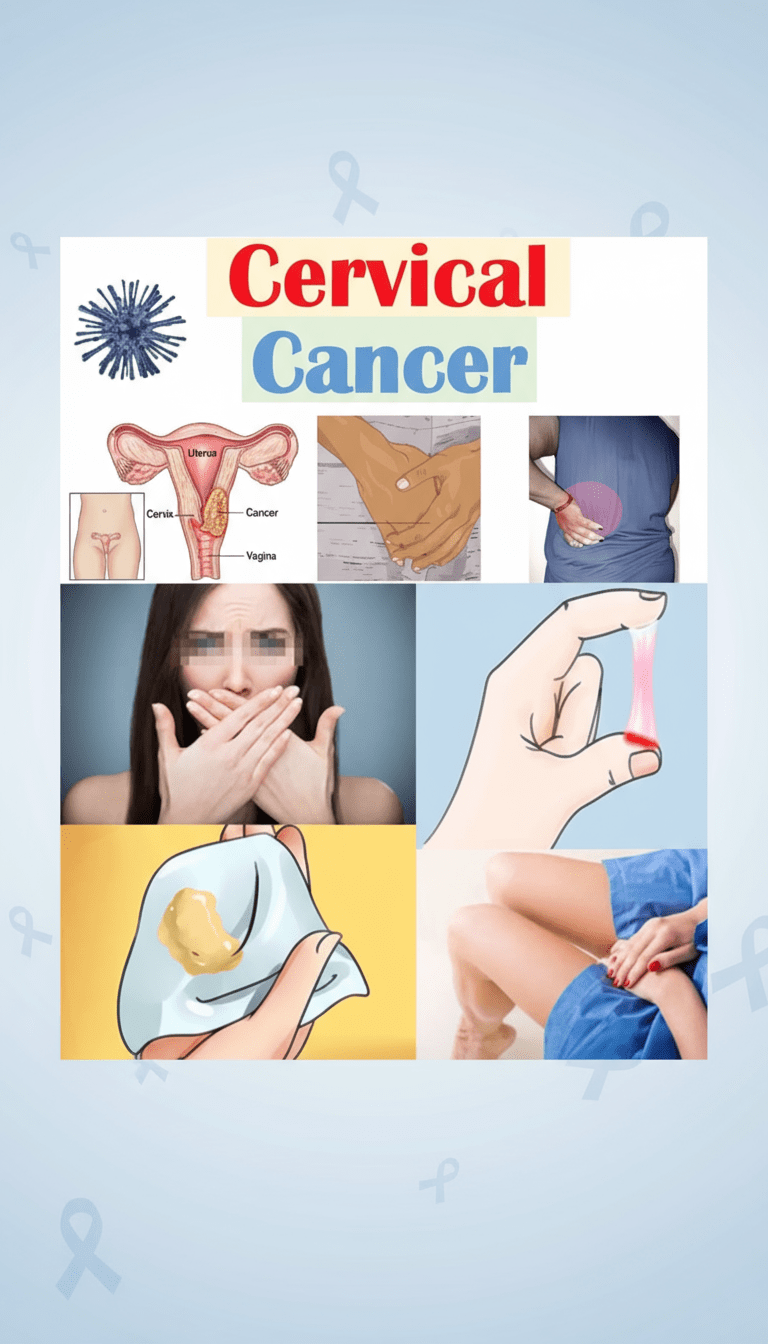
6. 🔬 Significant Changes in Vaginal Discharge
Your vaginal discharge is a subtle but powerful barometer of your reproductive and bacterial balance. While clear or milky-white discharge is normal, any sudden, significant shift in its characteristics warrants attention.
The Red Flags:
- Yellow, green, or thick discharge
- A foul, “fishy,” or unusual odor
- Accompanying itching, burning, or irritation
Potential Culprits:
- Bacterial Vaginosis (BV)
- Yeast infection
- Sexually Transmitted Infections (STIs)
Addressing these imbalances early is vital to prevent the infection from ascending and causing more severe issues like PID.
7. 🚽 Frequent Urination or Constant Pelvic Pressure
Do you feel an urgent, constant need to use the bathroom, even when you know your bladder isn’t full? Or do you feel a noticeable sense of heaviness or pressure in your lower belly that wasn’t there before?
What it means: These are classic mechanical symptoms, often caused by uterine growths physically pressing against your bladder or other pelvic structures.
Potential Culprits:
- Enlarged Uterine Fibroids
- Large Ovarian Cysts
These conditions are highly treatable, but the earlier they are identified and managed, the better your long-term urinary and pelvic health outcomes.
8. 🛌 Ongoing Lower Back Pain With No Clear Cause
Not every lower back ache is musculoskeletal. When persistent back pain—especially in the lumbar or sacral region—is paired with other menstrual irregularities, it could be referred pain originating from your reproductive organs.
The Connection: The uterus shares nerve pathways with the lower back. Pain originating in the pelvis can radiate outward.
Potential Culprits:
- Deeply infiltrating Endometriosis
- Large, posteriorly located Fibroids
- Uterine Prolapse (slipping of the uterus)
If standard physical therapy or chiropractic adjustments fail to alleviate your back pain, or if the pain dramatically worsens during your menstrual cycle, consider a uterine evaluation.
9. 😴 Constant Fatigue or Chronic Low Energy
Do you feel profoundly tired, no matter how much sleep you prioritize? Chronic fatigue, when tied to uterine issues, is often a direct result of chronic blood loss.
The Mechanism: Heavy periods lead to a depletion of iron stores. When your body is anemic, it lacks the oxygen-carrying capacity needed to sustain normal energy levels, leading to relentless exhaustion, dizziness, and weakness.
Action Item: Monitor your energy levels in relation to your cycle. If extreme fatigue coincides with or follows your period, get your iron and ferritin levels checked immediately.
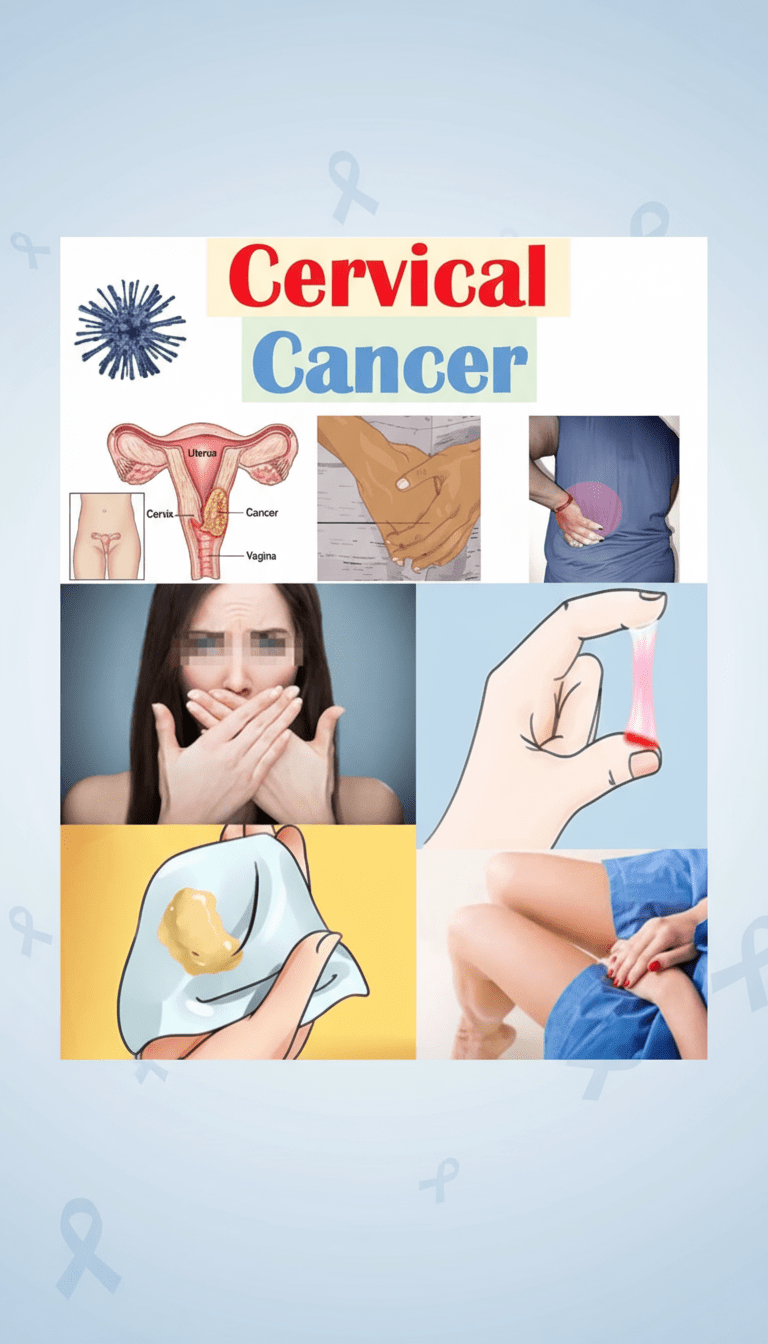
10. 🤰 Difficulty Conceiving or Unexplained Fertility Issues
If you are actively trying to conceive and facing unexpected obstacles, your uterus may be the missing piece of the puzzle. Structural or lining issues can compromise implantation and gestation.
Potential Culprits:
- Uterine polyps or fibroids distorting the cavity
- Chronic, undetected Endometritis (inflammation of the lining)
- Issues with the endometrial lining quality or receptivity
While these are often discovered during a formal fertility workup, recognizing related early signs (like pelvic pain or irregular cycles) can prompt earlier intervention.
11. 🩸 Spotting Between Periods or After Menopause
Any light bleeding (spotting) that occurs outside of your regular period window should be considered an abnormal sign. While sometimes it can be harmless (like ovulation spotting), it frequently signals an underlying issue.
The Major Warning: Postmenopausal bleeding—any bleeding after you have completed menopause—must always be investigated as a priority, as it can be a sign of precancerous or cancerous changes in the uterine lining.
Potential Culprits (Non-Menopausal):
- Hormonal imbalances
- Cervical or Uterine polyps
- Uterine lining thinning or irritation
Never assume spotting is benign; it always deserves professional attention.
12. 🎈 Chronic Bloating or a Swollen Abdomen
Feeling perpetually bloated, with your clothes suddenly feeling tight, even when you haven’t overeaten, can sometimes indicate the growth of masses within the pelvic cavity.
What it means: A noticeably firm or distended abdomen can be a physical manifestation of an enlarged uterus.
Potential Culprits:
- Large Uterine Fibroids
- Ovarian cysts or masses
If the change in your abdominal size or firmness is persistent, do not assume it is merely digestive bloating. Rule out physical growths with a gynecological exam for complete peace of mind.
✅ WHAT TO DO IF YOU RECOGNIZE THESE SYMPTOMS
Listening to your body’s signals is the crucial first step toward healing and prevention. Do not delay action. Most uterine conditions are highly treatable, especially when caught early.
- Book an Appointment: Immediately schedule a visit with your gynecologist or primary care provider.
- Diagnostic Tools: Expect to undergo a pelvic exam, and potentially a pelvic ultrasound. These tools are highly effective at detecting fibroids, cysts, or structural abnormalities. Blood tests can also help reveal hormonal imbalances or anemia.
- Track Your Cycle: Start or maintain a detailed menstrual app or journal. Record the dates, flow volume, and especially the intensity of your pain (e.g., on a 1-10 scale). This objective data is invaluable for your doctor in making an accurate diagnosis.
🌿 HEALTHY HABITS THAT SUPPORT UTERINE WELLNESS
Beyond necessary medical treatment, incorporating certain lifestyle habits can profoundly support your uterine and hormonal health:
- Fuel Your Hormones: Adopt an anti-inflammatory, hormone-balancing diet rich in:
- Fiber (to help excrete excess estrogen)
- Omega-3 Fatty Acids (found in fish, flax, walnuts, to reduce inflammation)
- Cruciferous vegetables (broccoli, kale, cauliflower, which contain compounds that aid estrogen detoxification).
- Minimize Endocrine Disruptors: Reduce your exposure to Xenoestrogens—chemicals that mimic estrogen in the body. These are often found in:
- Plastics (BPA/BPS)
- Pesticides
- Certain conventional beauty and personal care products.
- Master Stress: Chronic stress floods the body with cortisol, which can directly interfere with the delicate balance of reproductive hormones (estrogen and progesterone). Incorporate mindfulness, yoga, brisk walking, or journaling into your daily routine.
- Hydration and Sleep: Prioritize high-quality sleep (7-9 hours) and adequate hydration. Both are foundational to regulating hormone production and overall cellular health.
⭐ FINAL THOUGHTS: YOUR UTERUS DESERVES ATTENTION AND CARE
Your uterus is not a silent organ; it communicates constantly through your cycle, your pain levels, and your general well-being. When it speaks, it’s a call to action for self-care.
By recognizing these 12 early signs, you are not just reacting to problems—you are taking empowered, proactive steps toward a healthier, more balanced future. Don’t ignore the whispers. Give your uterus the attention and care it deserves.
Would you like me to find a reputable, peer-reviewed article on the link between Endometriosis and chronic pelvic pain?

